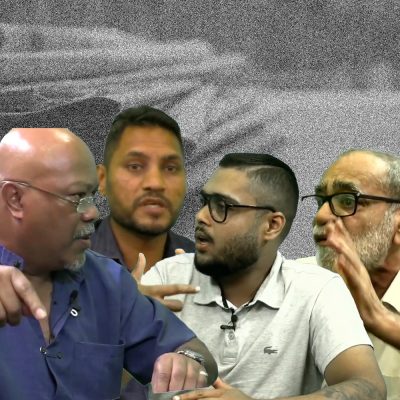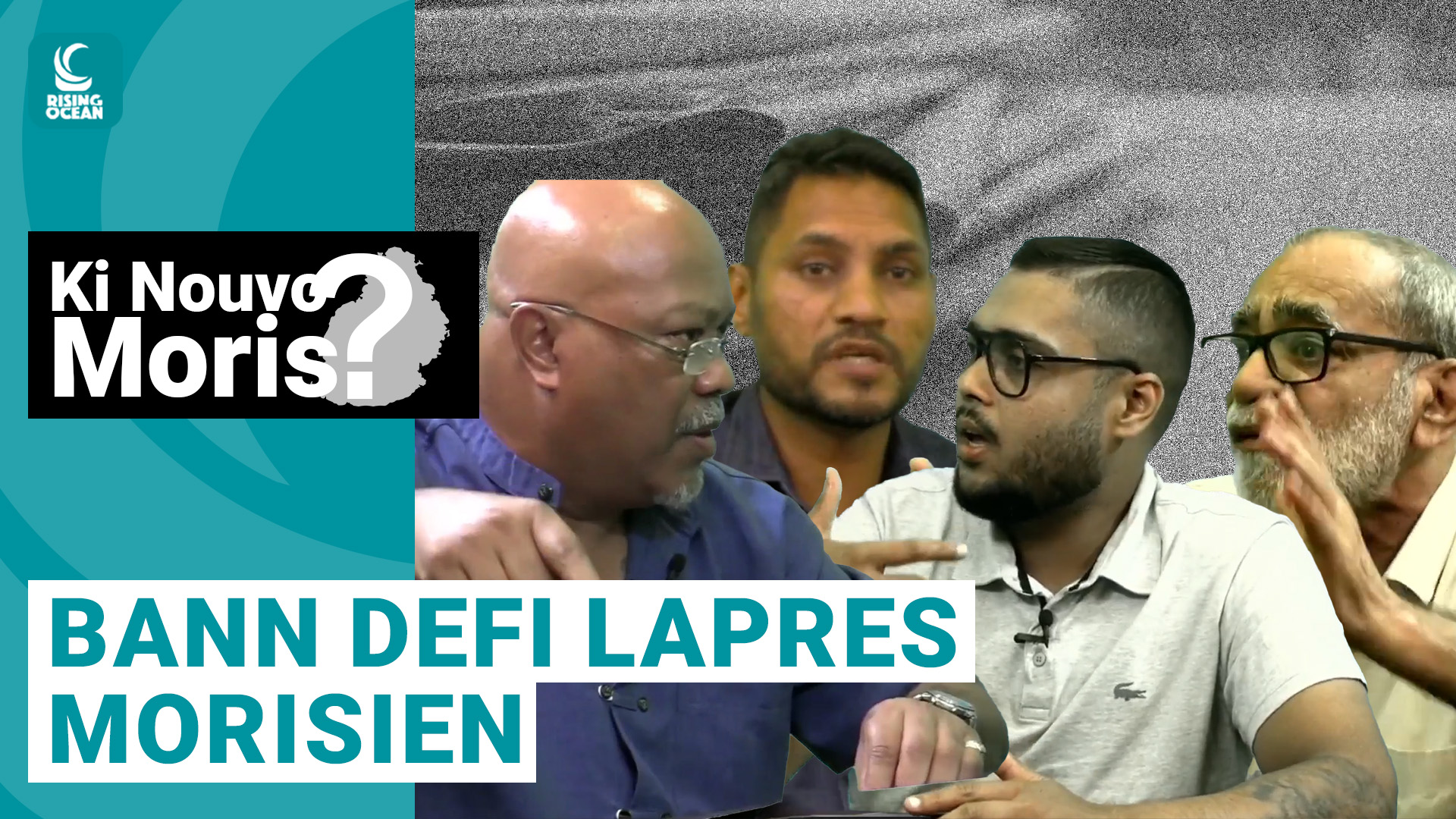The press and media are recognized as the fourth estate. By extension, the fourth estate includes all the means of communication that can be served as a counter-power. Indeed, the press and media guarantee that democracy is respected. To elaborate a little more on the world of the press and journalist, the program ki nouvo moris had invited renowned journalists such as Joël Toussaint, Habib Mosaheb and Murvind Beetun. The debate was hosted by Ashvin Gudday.
Today, the world of the press is under pressure, it is oppressed. It is true that the press used to be under pressure, but nowadays the pressure on the press is much greater, claims Joel Toussaint.
“For a long time, it was much more political pressure, today there is a kind of combination of different factors that creates economic, political, ethnic and technological pressure, better known as the citizen journalism factor.”
Although the press and the media are part of the daily life of Mauritians, Habib Mohaseb confides that there is a kind of “indifference and trivialization at the level of the people and this is a terrible weakness because the government and the power in place will do what it wants because the Mauritians will not act.”
Many cases of threats have been made against journalists by people in power and for the veteran journalist, it is mainly due to the indifference of Mauritians. As a reminder, from 2003 until 2022, UNESCO has confirmed that more than 1700 journalists have been assassinated worldwide and, in most cases, the murderer has remained unpunished.
“People need to understand that a threat against a journalist is something serious because there is a tendency in the world where those in power want to hide things. And those in the press, the real journalists, dig up what the rulers want to hide.”
Murvind Beetun, for his part, thinks that there is a tendency to trivialize the profession of journalist. With the technological advancement in Mauritius, many citizens through their mobile phones do citizen journalism by publishing videos and posts instantly on social media like Facebook, Twitter and so on.
“It is true that citizens who publish information on current events have done a journalist’s job, however, the work of a journalist does not stop there. This person, for example, did not check whether this information was true and even less what kind of interpretation he should have given to this information.”
As a matter of fact, the job of a journalist is much more than sharing information instantaneously, you have to check and ensure the veracity of the news received and make a selection. The journalist works in the interest of the whole population and his duty is to transmit information in the public interest in a way that is not only honest but also true. Sensationalizing and transmitting word for word what is said without checking the sources and the veracity of what is said can be dangerous for the population because the nation trusts the media to transmit truthful information on important issues of society. It’s unfortunate to see that nowadays there is a tendency among journalists not to interpret the information they receive on their own and this is done for the purpose of not exposing their true opinion on the matter. Journalists must be able to intervene and say what he thinks, says Murvind Beetun.
“Everything is done to limit the scope of action of journalists in Mauritius and this is the importance of a journalists’ association, because it will allow us to perform our job properly.”
Contrary to what it seems, says Joël Toussaint, young people between the ages of 16 and 25 are starting to move towards long reads again. This return of young people to the written press reverses the situation.
“If you look closely, people between the ages of 45 and 60 have actually lost their reading habit and are moving on to easier reading.”
According to these studies carried out in Mauritius, the perception that the print media has lost its value is completely false.
“This shows us that we have to pay attention to our perception, and it is certain that our press groups are targeting the wrong people in the way they develop their content.”
Watch the debate here:


